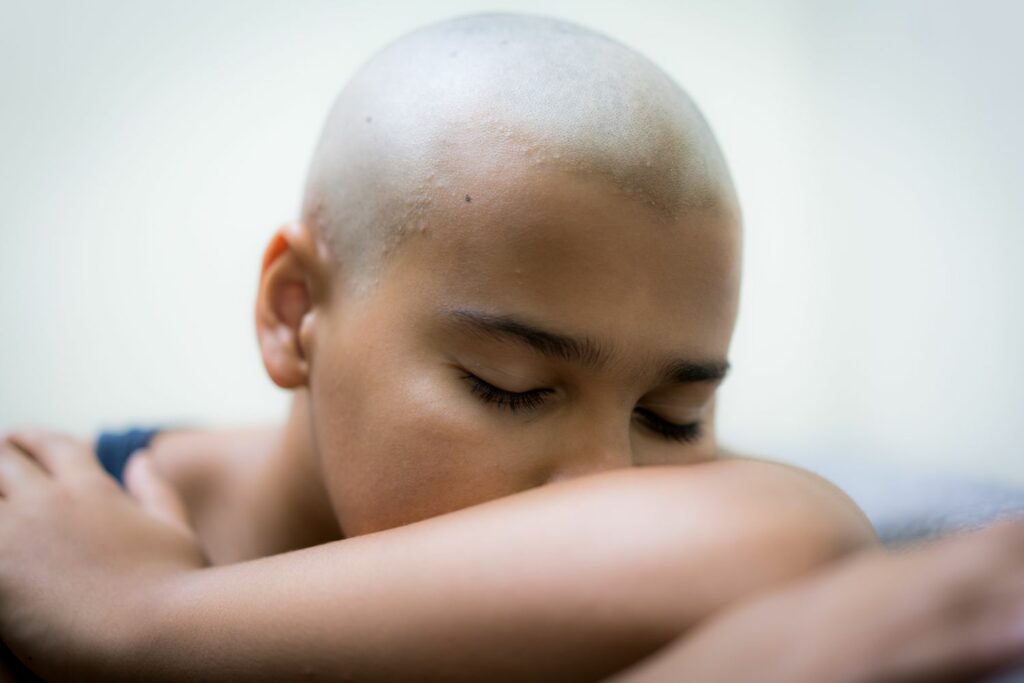Introduction
Cancer treatments can be challenging, often accompanied by various side effects that impact the quality of life for patients. In recent years, CBD (cannabidiol) has emerged as a potential adjunct therapy to help alleviate some of the symptoms associated with cancer treatments. This comprehensive guide explores the use of CBD for the relief of cancer treatments. We will delve into the potential benefits of CBD, its mechanisms of action, scientific evidence, dosage considerations, legal aspects, and practical tips for incorporating CBD into a cancer treatment regimen. By understanding the current landscape of CBD in cancer care, patients, caregivers, and healthcare professionals can make informed decisions about its potential role in enhancing the well-being and symptom management of cancer patients.
Understanding CBD
CBD is a non-intoxicating compound derived from the cannabis plant. Unlike its psychoactive counterpart THC (tetrahydrocannabinol), CBD does not produce a “high” effect. CBD interacts with the body’s endocannabinoid system, which plays a role in regulating various physiological processes, including pain perception, inflammation, appetite, and mood.
Potential Benefits of CBD for Cancer Treatment
CBD offers several potential benefits that can assist in managing the symptoms associated with cancer treatments. These include pain relief, reduction of chemotherapy-induced nausea and vomiting, alleviation of cancer-related anxiety and depression, improvement of sleep quality, and potential anti-tumor effects. CBD’s ability to interact with receptors in the endocannabinoid system and modulate various signaling pathways contributes to its potential therapeutic properties.
Mechanisms of Action
CBD interacts with various receptors in the body, including cannabinoid receptors (CB1 and CB2), serotonin receptors, and transient receptor potential (TRP) channels. Through these interactions, CBD may modulate pain perception, reduce inflammation, affect serotonin levels, and influence the immune system. The precise mechanisms by which CBD exerts its effects in cancer treatment are still being studied but involve multiple pathways.
Scientific Evidence and Research
While research on CBD’s specific effects in cancer treatment is still ongoing, preclinical and clinical studies suggest its potential benefits. Research on CBD’s analgesic properties, antiemetic effects, anxiolytic properties, and impact on sleep support its potential use in managing cancer treatment-related symptoms. However, more comprehensive clinical trials are needed to establish specific dosage guidelines and understand the long-term effects and potential interactions with other cancer treatments.
Dosage Considerations
Determining the appropriate dosage of CBD for cancer treatment requires individualized consideration. Factors such as the type and severity of symptoms, body weight, metabolism, and treatment regimen should be taken into account. Starting with a low dosage and gradually increasing it while closely monitoring the response is generally recommended. It is important to consult with a healthcare professional experienced in CBD use to ensure proper guidance and monitoring.
Legal Considerations
The legal status of CBD varies across different countries and regions. In some jurisdictions, CBD derived from hemp with low levels of THC is legally accessible, while in others, strict regulations govern its use. Familiarize yourself with the laws and regulations in your specific location to ensure compliance and obtain CBD products from reputable sources.
Practical Tips for Incorporating CBD into Cancer Treatment
When considering the use of CBD for cancer treatment, it is important to follow these practical tips:
- Consult with a healthcare professional experienced in CBD use, particularly one familiar with cancer treatment and potential interactions.
- Choose high-quality CBD products from reputable brands that undergo third-party testing for potency, purity, and contaminants.
- Communicate openly with your healthcare team about your CBD use, including dosage and potential effects.
- Keep a journal to track your experiences, including dosage, timing, perceived effects, and any changes in symptoms or treatment-related side effects.
Conclusion
CBD shows promise as a potential adjunct therapy to alleviate symptoms associated with cancer treatments. Its potential benefits include pain relief, reduction of chemotherapy-induced nausea and vomiting, improvement of sleep quality, and potential anti-tumor effects. While scientific research on CBD’s specific effects in cancer treatment is still evolving, many patients report positive experiences with CBD. By understanding the potential benefits, mechanisms of action, dosage considerations, legal aspects, and practical tips outlined in this comprehensive guide, cancer patients, caregivers, and healthcare professionals can make informed decisions about incorporating CBD into a cancer treatment regimen. Remember to prioritize quality, consult with professionals as needed, and monitor your response to optimize the potential benefits of CBD in cancer care.

